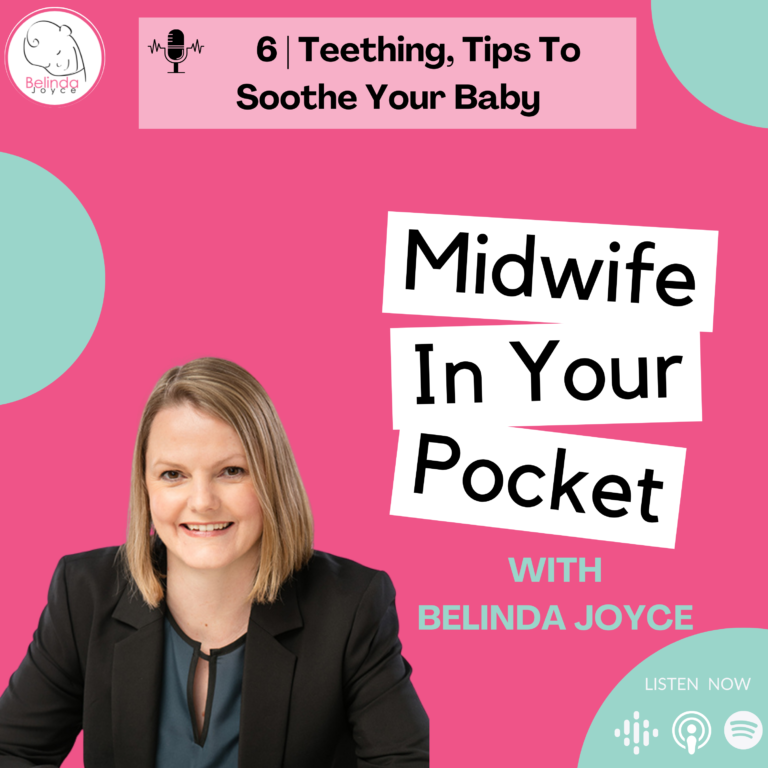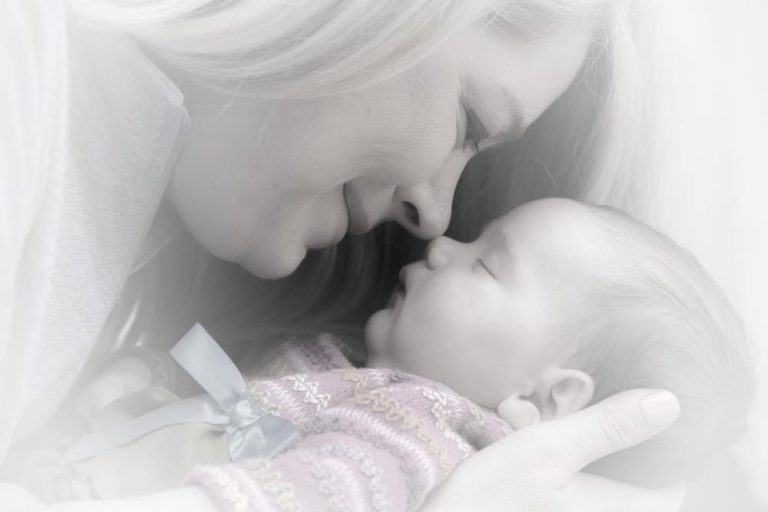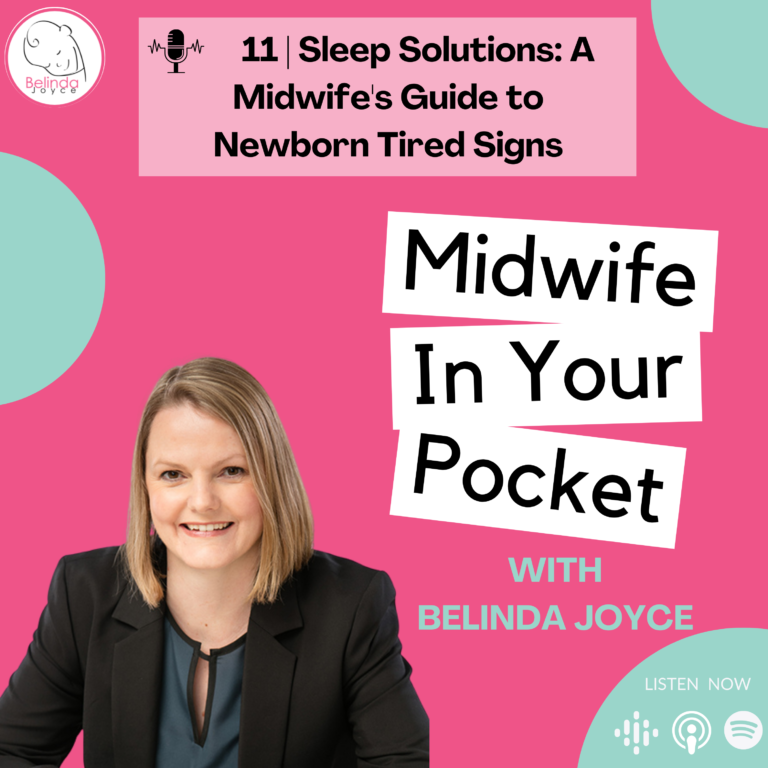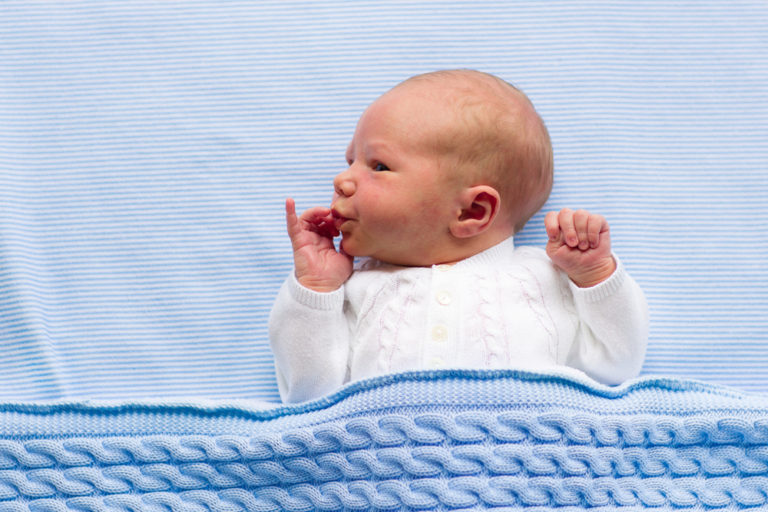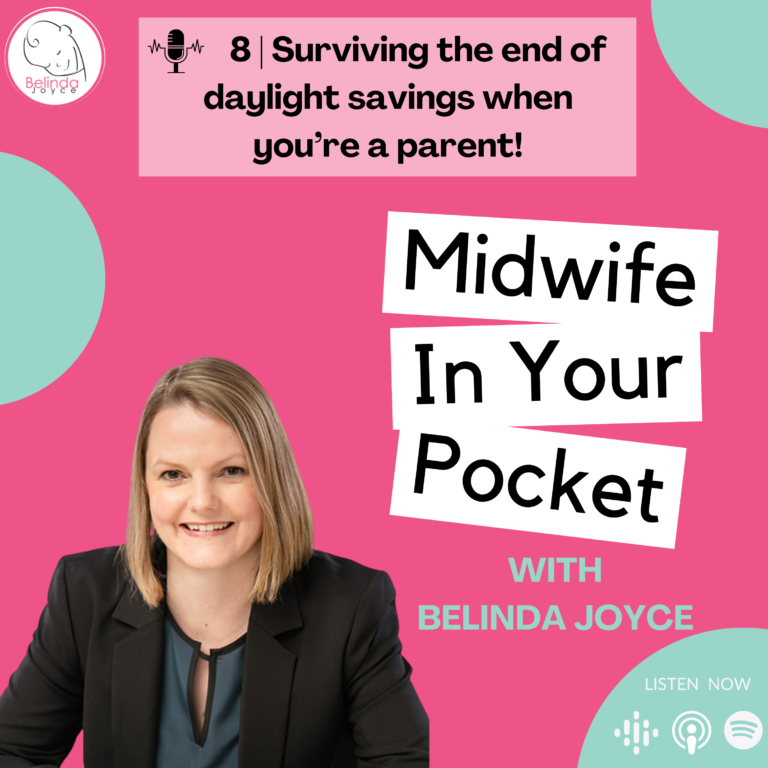How to survive the end of daylight savings when you’re a parent!
This year, 2024, daylight savings time ends at 3am on Sunday 7th April in Victoria, South Australia, New South Wales, ACT and Tasmania. We need to set our clocks back by 1 hour, so that 3am becomes 2am. Of course, many of us either do this the night before or first thing the next morning, who wants to get up at 3am?
So, if your baby or child usually wakes at 6am, that will now become 5am. And if you’re anything like me that just seems too early.
Some babies and children are more effected by this shift in time than others. Some don’t seem to notice as long as the rest of their routine is the same. And for newborns not yet in any sort of a routine this is unlikely to be a problem.
If you are in a good routine or if you have been working on your baby or toddlers sleep, the thought of daylight savings time changing may be worrying.
DISCOVER HOW TO SURVIVE & ENJOY YOUR BABY!
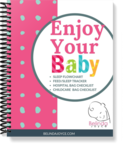 The pack is full of checklists and printables to help you improve sleep challenges with our flowchart, decide what to take to hospital, what equipment is essential, what to put in your nappy bag and so much more
The pack is full of checklists and printables to help you improve sleep challenges with our flowchart, decide what to take to hospital, what equipment is essential, what to put in your nappy bag and so much more
Luckily there are some easy strategies that you can implement in the 3-4 days before the change. This should help to smooth this transition and make it more gradual.

If they usually go to bed at around 7pm, on the Wednesday before the official change put them to bed at 7.15pm. On the Thursday 7.30pm then on Friday 7.45pm then on the Saturday night at 8pm (the following night this same time will be 7pm).
The hope is that by doing this they start to sleep a little later each day as well. This is where circadian rhythms and sunrise really makes a difference to some babies.
Tips for managing the end of daylight saving with your baby:
- gradually make the evening routine later in 15 minute increments. Dinner, bath time, getting dressed for bed, story time, brushing teeth.
- move nap times slowly forward as well.
- you could even try setting one clock in your home to the new time each day moving 15 minutes at a time.
- black out blinds are helpful and some parents have even been known to tape black plastic over the inside of the windows! This is extreme but the feedback is that it has worked well.
- try not to have very busy days that are going to tire your baby out. You need them to stay up a little later each day.
- turn lights down and use lamps to help reduce stimulation.
- some find white noise machines helpful.
- avoid electronic devices and TV before bedtime.
- for older children you can try using a clock that lights up in the morning when they are allowed to get up and out of bed. This has worked well for our family as my children have always been early risers.
- keep plans quieter than usual for that week in case you all take a little while to settle into it.
- to help both your baby and your own body get used to the new time, try to keep your home dark in evening. In morning open up blinds and sit near a window for breakfast to help body to adjust.
- If your baby sleeps later it is best to wake them around their usual time to help them get used to it.
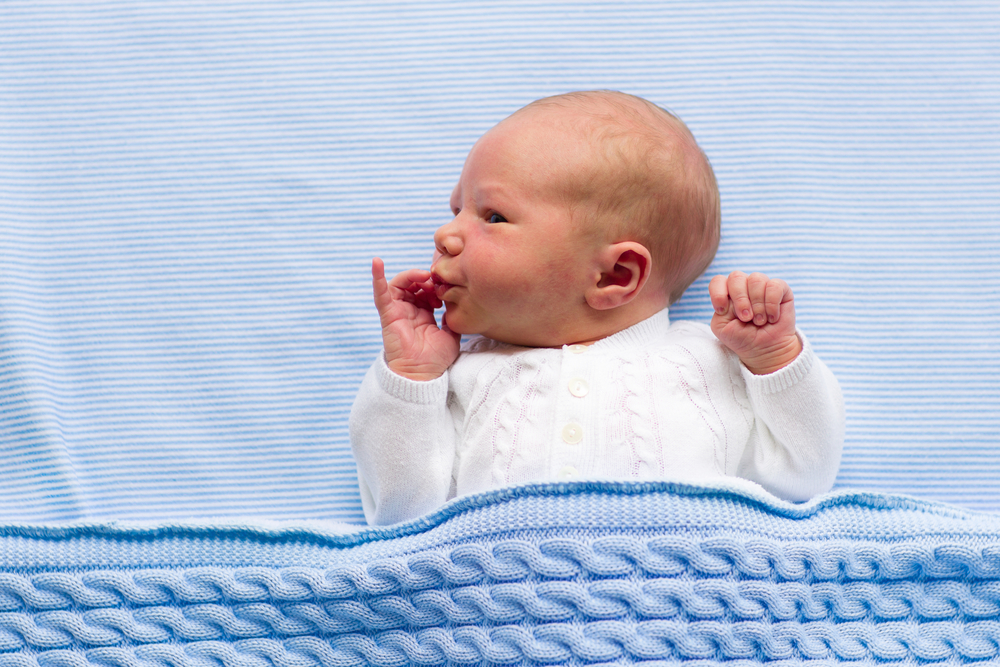
If they still wake up early they will probably need their usual nap earlier than usual. Try to push them out a little as they do need to get through until the later bedtime again.
These strategies also help adults, older children and teenagers get ready for the change.
Similar strategies can also work when travelling into different time zones for holidays.
Just know that your baby or child and you may be a little ‘off’ for a few days. They will gradually settle back into the new time zone.
Download my FREE Enjoy Your Baby Bundle of resources, including:
- Checklists for baby equipment, hospital bag, nappy bag, travel & childcare bag
- Newborn Sleep Flowchart-what to do next
- Baby Feed & Sleep Tracker
- and more

